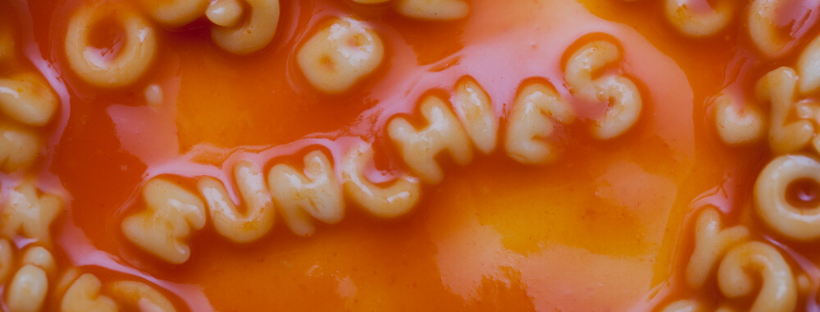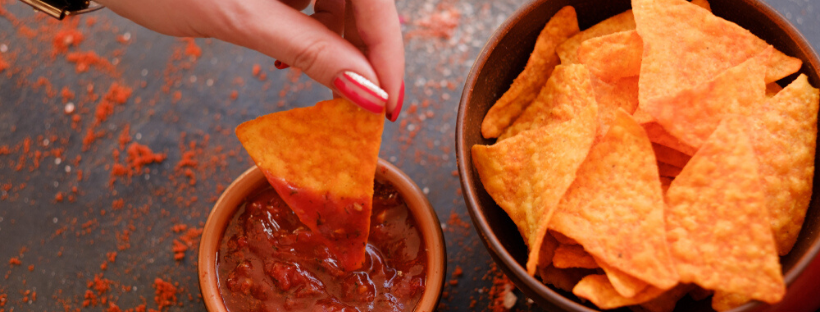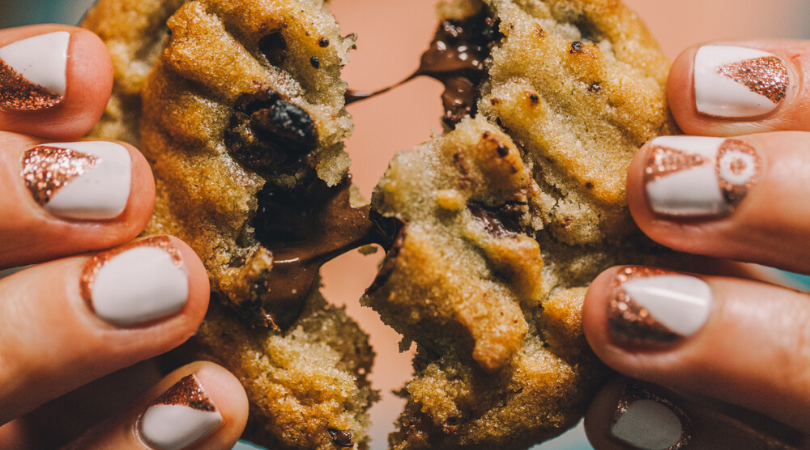Cannabis
Why Does Marijuana Cause the Munchies?
We don’t need science to tell us that marijuana causes the munchies because everybody who has tried weed at least once in their lives will tell you that this is true to the bone. Yes, we, green aficionados gain the ability to eat like a hog after getting baked. Haven’t you heard that sky’s the limit? Well, in the case of marijuana and the munchies, sky is merely an excuse of the limit. For recreational users, the powerful surge in appetite is a great way to discover new flavors, especially after getting creative in the kitchen. Eating becomes a truly transcendental experience. That is, of course, when you eat nutritious food, not the stereotypical junk cannabis consumers are associated with. For medical users with post-chemotherapy nausea and loss of appetite, the munchies can be one of the biggest benefits of cannabis. However, most people accept the fact as it is, without digging deeper into the subject. Don’t have the time for research? No worries, we did the digging for you. Today, we explain the link between marijuana use and the munchies.
So… Why Does Weed Give You the Munchies?
THC and CBD are cannabinoids, a class of naturally occurring chemicals in the cannabis plant. There are actually 113 identified cannabinoids, although THC and CBD are the most abundant and best-researched ones so far. Cannabinoids interact with the body’s own endocannabinoid system (ECS). The ECS produces similar molecules to THC and CBD known as endocannabinoids. These molecules engage with cannabinoid receptors, which are spread throughout the body and brain. The endocannabinoid system controls every vital process in the body, including memory, mood, temperature, pain signaling, immune function, fertility, and appetite. When you deliver cannabinoids to your system, they can influence your appetite by exerting certain actions on the brain. Scientists have struggled to understand how THC — marijuana’s psychoactive ingredient — stimulates appetite. Let’s shed more light about the current findings. 
It’s About the Senses
A 2014 study published in Nature Neuroscience brings a closer insight into the link between marijuana use and the munchies. A team of European neuroscientists from the University of Bordeaux has found that THC administered to mice fits into receptors in the brain’s olfactory bulb, heightening their ability to smell food and resulting in higher food intake. The mice were first exposed to banana and almond oils to test for sensitivity to scent. At first, the mice sniffed the oils extensively, then turned away from the oils — a phenomenon referred to as olfactory habituation. However, once they received small doses of THC, they continued sniffing, demonstrating increased attention for the fruit. These THC-dosed mice also ate much more of their regular food when given the chance. Humans show a surprising amount of cognitive similarities shared with mice. Giovanni Marsicano, the leading scientist of the study, concluded that humans eat more after consuming marijuana because they can smell and taste their food more acutely.
Marijuana, the Munchies, and Beta-Endorphins
Another reason why marijuana causes the munchies may stem from THC’s ability to “mess” with normal brain function. Tomas Horvath, a neurobiologist from Yale University, investigated the role of cannabinoids in controlling feeding, appetite, and fullness. Horvath, along with his colleague Marco Koch of the University of Leipzig, discovered that a set of neurons in the hypothalamus — known as POMCs —start producing completely different chemicals when exposed to marijuana. Horvath says that when you administer cannabinoids to subjects — be it animals or humans — they start to eat more even if they’re full. So the two scientists looked at the pathways that control fullness to determine whether cannabis turns off those neurons that tell you it’s time to stop eating. Shockingly, Horvath and Koch found that not only were the POMCs not turned off, but they were turned on much more than usual. However, they started to produce completely different molecules. The POMCs usually produce a chemical called alpha-melanocyte-stimulating hormone (alpha-MSH), which is responsible for feelings of satiety. When exposed to cannabinoids, the POMCs started secreting beta-endorphins — chemicals that stimulate appetite and promote cravings. 
Does Your Brain Function Differently On the Munchies?
Apparently yes. It’s very exciting that marijuana can influence the neurons responsible for controlling our appetite and feelings of satiety. There are theories that marijuana can rewire our brain circuitry, even if only temporarily. The question is whether the neurons in other parts of the brain can be involved in those appetite changes, too. Interestingly, aside from the fact that marijuana makes us more sensitive to scent and temporarily changes some chemicals produced in specific areas of our brains, there’s one more piece of the THC-and-appetite puzzle that can explain that link. As it turns out, THC also acts on receptors in a region of the brain called the nucleus accumbens, stimulating the production of dopamine — a neurotransmitter responsible for the sensation of pleasure. We just draw more pleasure from eating when we’re high. Other research has found that THC additionally increases the release of the hormone ghrelin, which boosts hunger.
Is Eating More While High a Pattern?
Yes, there’s a pattern of eating more when consuming marijuana. The munchies are real, and they are caused by a number of factors stemming mostly from THC’s interaction with different types of receptors in various parts of the brain. Nevertheless, regular marijuana users may tend to experience the munchies in a much milder form. Some heavy consumers even claim that the munchies are nonexistent for them anymore — they just eat when they’re hungry, despite a heightened sense of smell and greater pleasure from consuming food. Researchers speculate that this may be due to an increasing tolerance to THC in frequent marijuana users. Over time, the cannabinoid receptors in the brain may also become less sensitive to the psychoactive nature of this cannabinoid, hence the alleged resistance to the munchies. Most intriguing, current research suggests that people who use marijuana on a daily basis have lower blood sugar levels, better insulin response, and smaller waist circumferences than their non-smoking counterparts. This makes the munchies phenomenon even more puzzling. Do you get the munchies after smoking a bowl? How much food can you eat when you get baked? Share your stories in the comments!


